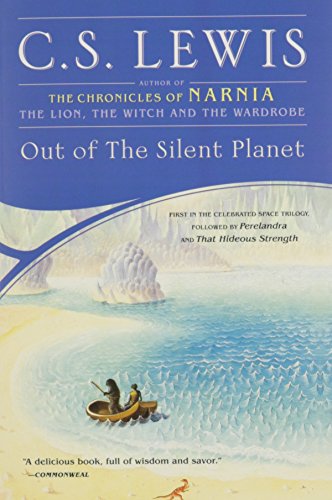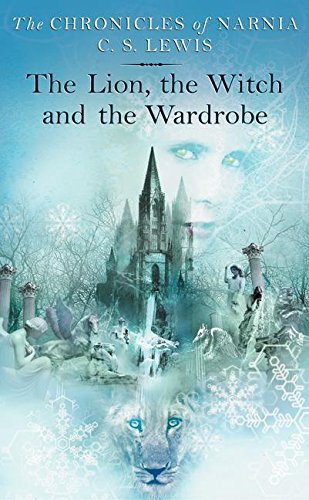Out of the Silent Planet by C.S. Lewis
You probably know that C.S. Lewis was a Christian apologist who wrote many popular books — both fiction and nonfiction — which explain or defend the Christian faith. His most famous work, THE CHRONICLES OF NARNIA, some of the most-loved stories in all of fantasy fiction and children’s literature, is clearly Christian allegory. Likewise, his science fiction SPACE TRILOGY can be read as allegory, though it’s subtle enough to be enjoyed by those who don’t appreciate allegorical stories and just want to read a thoughtful science fiction adventure with an intelligent hero.
Read More

 (1898-1963)
(1898-1963)


















We’re in total agreement David!
I felt just the same. The prose and character work was excellent. The larger story was unsatisfying, especially compared to…
Hmmm. I think I'll pass.
COMMENT Was I hinting that? I wasn't aware of it. But now that you mention it.... 🤔
So it sounds like you're hinting Fox may have had three or so different incomplete stories that he stitched together,…